Revive drug approval committees urgently
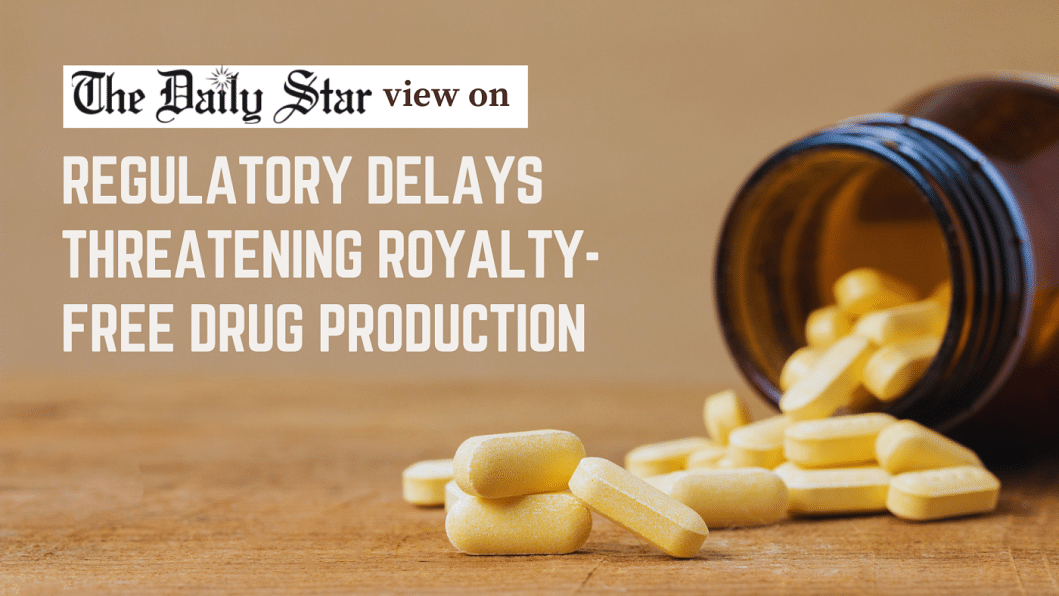
It is quite concerning that over a year has passed since a sub-committee under the Directorate General of Drug Administration (DGDA), responsible for reviewing new drug registration applications, last convened. Worse, the Drug Control Committee, responsible for the final approvals, has not met in two years. As a result, applications for 617 new medicines—including 15 costly biologic drugs—remain pending, according to a report by this daily.
This bureaucratic inertia could prove costly, especially as our pharmaceutical companies race against time. Bangladesh, as a Least Developed Country (LDC), currently enjoys a waiver under the World Trade Organisation's Trade Related Aspects of Intellectual Property Rights (TRIPS) Agreement, allowing it to bypass patent enforcement on pharmaceutical products. This means local companies can produce many patented drugs at a fraction of the global price, making life-saving treatments more accessible.
For example, a cancer patient can now buy a locally produced immunity boosting drug for Tk 7,000-8,000 per pre-filled syringe, while the imported version would cost Tk 85,000-95,000. Experts note that local companies have kept biologic drug prices 30-40 percent lower than the global average. However, this advantage will end once Bangladesh graduates from an LDC to a developing country status in November 2026. Post-graduation, pharmaceutical companies will either have to pay hefty royalties or invest heavily to secure patent rights—costs that will inevitably be passed on to patients.
Bangladesh already bears one of the world's highest out-of-pocket health expenditures, much of which goes towards purchasing medicine. Medical expenses often push families into poverty. A projected 25-30 percent price hike in essential drugs could further deprive many of affordable healthcare.
Given these stakes, pharmaceutical companies must make the most of the limited time left to produce biologic drugs royalty-free. The government should be doing everything possible to support the industry during this crucial phase. Unfortunately, nearly a year after the political changeover, we are still seeing apathy within the responsible quarters. There can be no excuse for the delay in reconstituting or reviving these critical committees. The health ministry, already under heightened scrutiny for persistent irregularities in public healthcare, must act urgently. It has a mandate to safeguard public health, and that includes streamlining the drug approval process and taking measures so the pharma sector can meet the looming challenges of LDC graduation.

 For all latest news, follow The Daily Star's Google News channel.
For all latest news, follow The Daily Star's Google News channel. 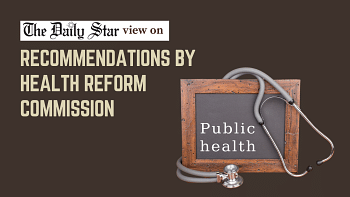
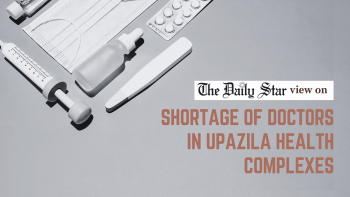




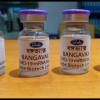
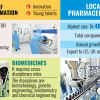
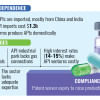


Comments